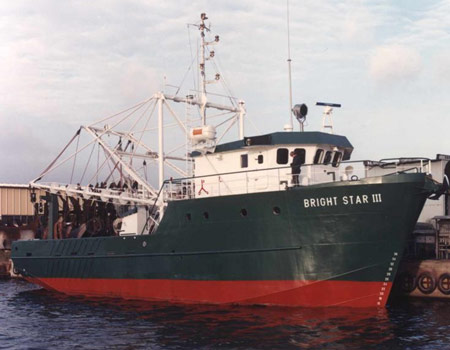It would be recalled that the Minister of Transportation, Rotimi Amaechi, during the celebration of 2017 World Maritime Day in Lagos, revealed that the Federal Government has entered into a three-year agreement with HLSI Security Firms and Technology Inc. to help rid the nation’s waterways off piracy and other maritime crimes.
Speaking with the Nigerian Tribune, the President of SOAN, Engr. Greg Ogbeifun stated that the maritime security contract signed with the Israeli firm runs foul of the nations local content policy.
According to Ogbeifun, “It is very dicey for a nation to mortgage her sovereignty, particularly in the area of security, to a foreign nation. To me, that approach is faulty. One would have thought that such an engagement of a foreign security outfit would have been done by our own security agencies.
“In other words, whichever agency of government that is responsible for security on our territorial waters should have been the one to bring in foreign technical support it will need to police our maritime domain.
“The Navy, we all know, is in charge of policing our waters. So if the Navy had been the one bringing in the Israeli partner, then our local content policy would have been respected. It is just like in the maritime sector, when local operators get contracts they don’t have the capacity to execute, they simply go into a Joint Venture with a foreign partner to get the job done. But the Navy didn’t bring in the foreign partner, to me the entire process is faulty.”
In a separate interaction with the Nigerian Tribune, a Senior Lecturer with the Federal College of Fisheries and Marine Technology in Lagos, Captain Fola Ojutalayo explained that the Federal Government was right to go into a maritime contract agreement with a foreign partner.
In his words, “There is nothing wrong if the Federal Government signs an agreement on maritime security with a foreign partner, even though I am yet to get details of the agreement. On the surface level, there is nothing wrong with the agreement.
“The world is a global village, and governments can partner with the government of countries it feels it can benefit from in the area of information exchange or knowledge transfer. The Nigerian Navy themselves go abroad for training. The Nigerian military brings foreign military personnel here for training.
“Security is a global issue, and there is no single country in the world that can handle it all alone by itself. My own challenge about this kind of issues is that, here in Nigeria, we play too much politics on security issues bordering on human lives. The earlier we start looking at issues in a nationalistic manner, the better it will be for us.
“We have to look at things holistically, Nigerian Navy cannot police our territorial waters all alone, it’s not possible. They don’t have the facility, they don’t have the funding, and they don’t have the personnel.”
“So we have to welcome whatever synergy that can be entered into with other security organisations. Under IMO, there is what is called Technical Partnership. We can leverage on that. There is nothing any nation can do alone. Even people that build ships don’t do it all alone.”
“There is absolutely nothing wrong with a maritime security agreement with a foreign partner. It is the details we need to study and fine-tune.”






